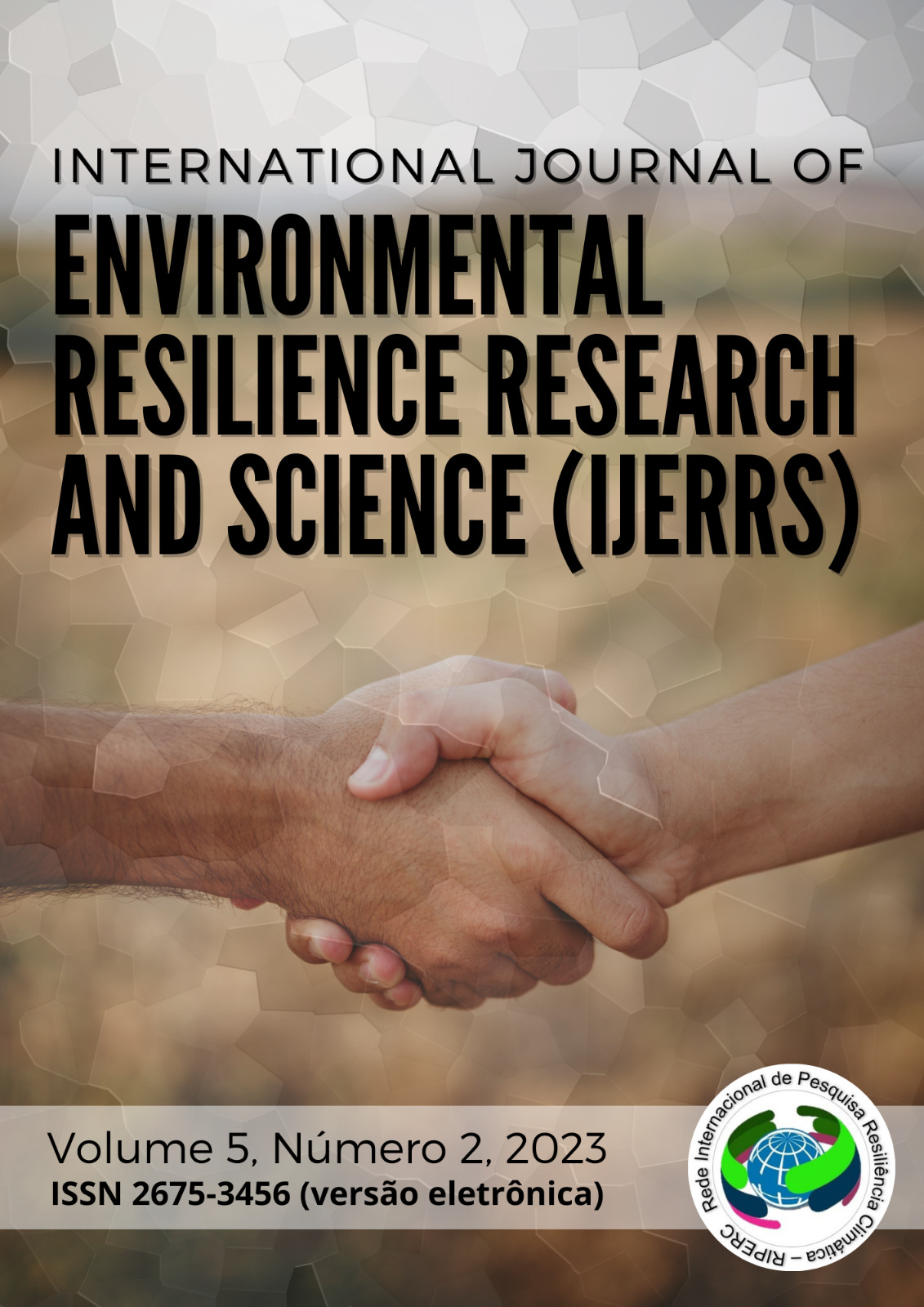Buddhism, Risk Society, and Environment
DOI:
https://doi.org/10.48075/ijerrs.v5i2.32264Abstract
Abstract: The environmental crisis, primarily caused by long periods of exploitation of natural resources, pollution generated by industries, and the amount of waste discarded worldwide, has grown significantly. Faced with excessive consumerism, new paradigms based on sustainable development must be created, as the risks of modernity also bring reflexivity regarding the crisis. The objective of this work, based on a systematic theoretical review, aims to explore new horizons for planet protection and reducing risks for society by reflecting on the correlation between Buddhism and the environment. Thus, it is evident that to bring about a change in human thought and behavior, transforming consumers into citizens aware that they are part of the web of life, environmental education and Buddhism can assist, as they advocate ethics and the collective good, serving as instruments in the transformation of increasingly reflective and altruistic individuals.
Keywords: Environmental Education; Risk; Society; Consumerism; Environment.
Downloads
Published
How to Cite
Issue
Section
License
Copyright (c) 2023 International Journal of Environmental Resilience Research and Science

This work is licensed under a Creative Commons Attribution-NonCommercial-ShareAlike 4.0 International License.
Aviso de Direito Autoral Creative Commons
Política para Periódicos de Acesso Livre
Autores que publicam nesta revista concordam com os seguintes termos:
1. Autores mantém os direitos autorais e concedem à revista o direito de primeira publicação, com o trabalho simultaneamente licenciado sob a Licença Creative Commons Attribution que permite o compartilhamento do trabalho com reconhecimento da autoria e publicação inicial nesta revista.2. Autores têm autorização para assumir contratos adicionais separadamente, para distribuição não-exclusiva da versão do trabalho publicada nesta revista (ex.: publicar em repositório institucional ou como capítulo de livro), com reconhecimento de autoria e publicação inicial nesta revista.
3. Autores têm permissão e são estimulados a publicar e distribuir seu trabalho online (ex.: em repositórios institucionais ou na sua página pessoal) a qualquer ponto antes ou durante o processo editorial, já que isso pode gerar alterações produtivas, bem como aumentar o impacto e a citação do trabalho publicado (Veja O Efeito do Acesso Livre).
Licença Creative Commons
Esta obra está licenciada com uma Licença Creative Commons Atribuição-NãoComercial-CompartilhaIgual 4.0 Internacional, o que permite compartilhar, copiar, distribuir, exibir, reproduzir, a totalidade ou partes desde que não tenha objetivo comercial e sejam citados os autores e a fonte.









